 Why do we yawn? Dogs and cats make us yawn. We even yawn in the womb.
Why do we yawn? Dogs and cats make us yawn. We even yawn in the womb.
The first yawn of the day is usually when we awake to stretch our intercostal muscles surrounding our lungs to bring in more oxygen. Many of us recognise yawning as a sign of tiredness or boredom yet we also yawn before that important job interview. We contagiously yawn when our pets yawn and because we are empathetic towards another yawning human being. We even yawn in the womb.
As a member of the International Association for Research on Yawning, I have presented at the first international conference of neuroscientists and neurologists on yawning in Paris in 2010. Since then, I have been conducting research into this intriguing area and proposed the Thompson Cortisol Hypothesis (1;2) to explain why the naturally produced stress hormone cortisol is released during yawning – a phenomenon never reported before.
Recently, I was delighted to be invited by the prestigious New Scientist to write a piece about this curiosity that affects all of us (3) and have received so much international interest that it has encouraged me to continue this pursuit with a view to its medical application.
I am also a member of the International Scientific Committee on Research into Multiple Sclerosis (MS) which is particularly relevant to yawning as people with MS often include fatigue and excessive yawning in their reported symptoms. Meeting in Paris recently with international collaborators from Paris X Ouest University and the French Multiple Sclerosis Society, I am conducting research into induced fatigue and MS and how these variables affect cortisol levels.
It is hoped this may point towards the development of a new diagnostic tool for the early diagnosis of MS using cortisol as a biomarker.
References
- Thompson SBN. The dawn of the yawn: is yawning a warning? Linking neurological disorders. Medical Hypotheses 2010;75:630-633;doi:10.1016/j.mehy.2010.08.002.
- Thompson SBN. 2011. Born to yawn? Cortisol linked to yawning: a new hypothesis. Medical Hypotheses 2011;77:861-862;doi: 10.1016/j.mehy.2011.07.056.
- Thompson SBN. This will make you yawn. New Scientist 2014;224(3000/3001):38-39.
- Inset photo: Pynq Thompson, aged 28 days old.
Contact: simont@bournemouth.ac.uk



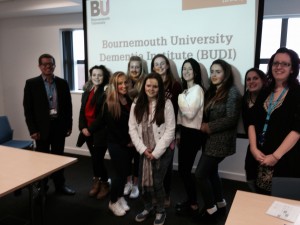
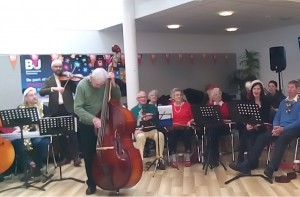


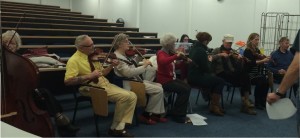
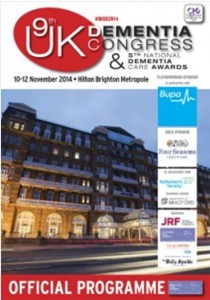
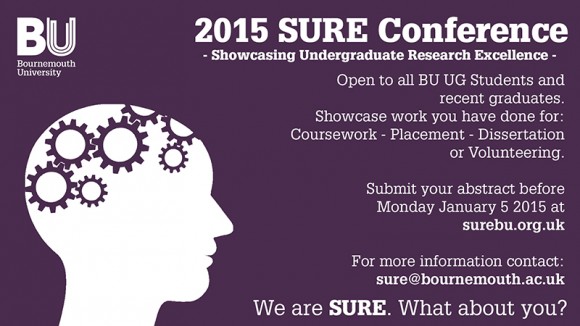



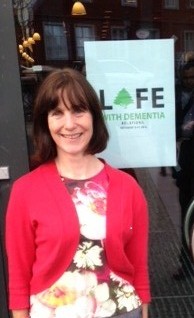












 BU attendance at third annual GCPHR meeting in June
BU attendance at third annual GCPHR meeting in June Interactive Tangible and Intangible Heritage Applications – BU student work featured in new book chapter
Interactive Tangible and Intangible Heritage Applications – BU student work featured in new book chapter Second NIHR MIHERC meeting in Bournemouth this week
Second NIHR MIHERC meeting in Bournemouth this week MSCA Postdoctoral Fellowships 2025 Call
MSCA Postdoctoral Fellowships 2025 Call ERC Advanced Grant 2025 Webinar
ERC Advanced Grant 2025 Webinar Horizon Europe Work Programme 2025 Published
Horizon Europe Work Programme 2025 Published Horizon Europe 2025 Work Programme pre-Published
Horizon Europe 2025 Work Programme pre-Published Update on UKRO services
Update on UKRO services European research project exploring use of ‘virtual twins’ to better manage metabolic associated fatty liver disease
European research project exploring use of ‘virtual twins’ to better manage metabolic associated fatty liver disease